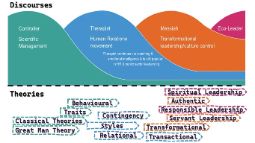
100 Years of Messy Leadership Theories
(9 min read)

Bill Torbert is a distinguished American academic and consultant celebrated for his pioneering work in leadership and organisational development. Our conversation commences with an exploration of Bill's profound reflections on social science and the essence of time. From there, we embark on a journey of discovery, unveiling the 'practice turn' and the evolution of 'action inquiry' as a potent methodology for individual and collective transformation towards 'inter-independence.' Bill introduces us to 'action logics,' a framework that elucidates different patterns of leadership reasoning and behaviour, correlating with an increasing capacity to wield transformative power for the greater good. Lastly, we investigate the roles of organizations and academia in enhancing our capacity for wise action, underscoring the pivotal role of liberating disciplines and self-awareness in leadership development. Join us for an enlightening intellectual odyssey across philosophy, psychology, and leadership — an opportunity not to be missed for anyone passionate about personal and organizational transformation!
Jump to
Why is the interview important? Who are we talking to?
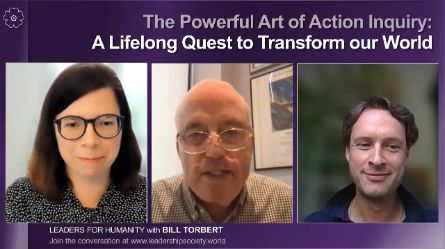
bill torbert
We were compelled to interview Bill for several reasons. First and foremost, Bill's approach to leadership development is truly exceptional.Not only does it have a rigorous theoretical foundation, but it has also evolved practically and visibly through Bill's personal developmental journey and has been scientifically validated through the Global Leadership Profile (GLP) methodology.From a theoretical standpoint, it draws on a rich tradition of stage theories, including Erikson's developmental stages, Kohlberg's moral development, and Piaget's cognitive development. Yet, what sets it apart is its distinct onto-epistemological framework, its unique inspiration from political theory, with a focal point on the central role of power, and its dedicated emphasis on practical reflection and action learning, notably building on the pioneering work of Argyris and Schön.
Secondly, we were intrigued by Bill's efforts to bridge personal and organizational development through his theory of continual development action inquiry. A lesser-known facet of his work involves the development of a maturity model for the transformation of organizations as social institutions. This aspect particularly piqued our interest as it moves beyond a sole focus on consciousness and cognitive development, a common theme in theories like Spiral Dynamics or Bob Kegan's Deliberately Developmental Organizations. Bill's model offers specific insights into social routines, often referred to as "liberating structures" or "liberating disciplines," which have the potential to facilitate profound personal and organizational transformation.
Lastly, we sought to tap into Bill's wealth of personal and academic experience in the realm of teaching leadership. Given the well-known perspective shared by Henry Mintzberg that leadership or management cannot be effectively taught within a classroom alone, we looked forward to gaining deeper insights into successful developmental interventions and the practical aspects of leadership education. Bill stands out as one of the rare scholars who genuinely practice what they teach, making him a truly valuable thought leader to heed.
Bill Torbert is a distinguished American academic and consultant, celebrated for his contributions to leadership, management, and organizational development. He holds the position of Professor Emeritus at the Carroll School of Management at Boston College, where he also served as Graduate Dean (the MBA program’s ranking rose from below the top 100 to #25 during his tenure) and director of the Ph.D. Program in organizational transformation. He received his BA in Politics and Economics as well as his PhD in Individual and Organizational Behavior from Yale, where he was Founder and Director of the War on Poverty Yale Upward Bound Program and the Theatre of Inquiry. Torbert's extensive teaching experience includes roles at Southern Methodist University and the Harvard Graduate School of Education.
Throughout his career, Bill Torbert has been a pioneer in 'Collaborative Developmental Action Inquiry', a paradigm bridging personal, organizational, and scientific development. He has authored several influential books, including "Numb Skull," "The Power of Balance: Transforming Self, Society, and Scientific Inquiry," "Global Leadership Profile: Assessing Leadership for the 21st Century," "Managing the Corporate Dream," "Action Inquiry: The Secret of Timely and Transforming Leadership," and "Four Ways of Leading: A Pragmatic Theory of Leadership." His article "Seven Transformations of Leadership" in Harvard Business Review ranks among the top ten most influential pieces in the publication's history.
In addition to his academic work, Bill Torbert has made a significant impact on both corporate and non-profit sectors, consulting to organizations such as Gillette, PricewaterhouseCoopers, Volvo, Lego, Pilgrim Health Care, Danforth Foundation, and the National Security Agency. He has served on notable boards, including Harvard Pilgrim Health Care and Trillium Asset Management, a pioneering Socially Responsible Investing firm. Post-academia, he continues his commitment to Collaborative Developmental Action Inquiry through various roles, including Principal of Action Inquiry Associates, Director Emeritus of Global Leadership Associates, Founding Member of Action Inquiry Fellowship, Director of Amara Collaboration, and his active participation in the informal action inquiry community. He is also a Fellow of the Organizational Behavior Teaching Society.
Bill Torbert has received numerous prestigious awards and recognitions throughout his career, including the Alpha Sigma Nu national book award for "Managing the Corporate Dream," the Outstanding Scholar Award from the Western Academy of Management, the Walter F. Ulmer, Jr. Applied Leadership Research Career Contribution Award and the Chris Argyris Career Achievement Award from the Academy of Management. His work has left an indelible mark on the fields of personal and organizational transformation, emphasizing the importance of self-awareness, continuous learning, and a developmental approach to leadership.Exploring the Critical concepts for this session
A Resource Kit to launch your explorations
Selected published works
Live video recording and podcasts
Explanations, artefacts and references from the interview
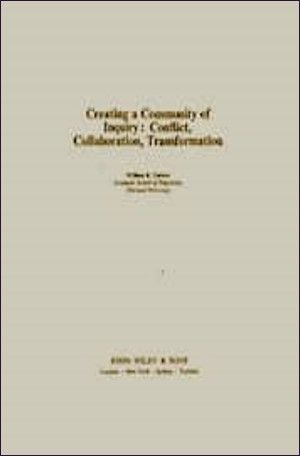

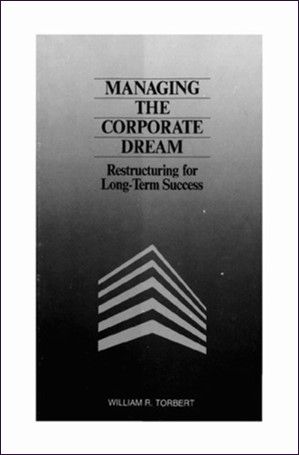
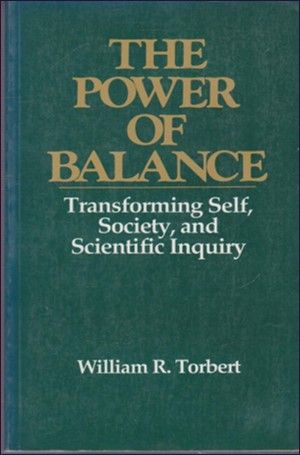
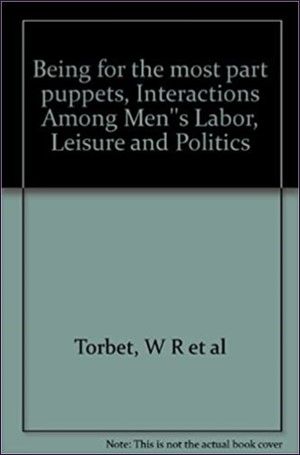
What have we learned? Our "Best Bit" takeaways from the Interview
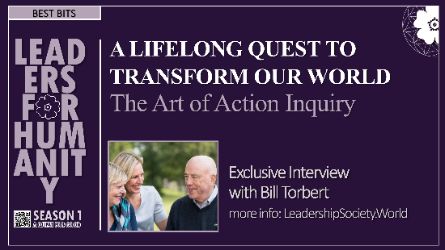
KEY INSIGHTS FROM THE INTERVIEW FOR OUR INQUIRY
Here you can find the most memorable insights from our interview, related to our three inquiry questions. Simply select from the drop down menu on the right -->
Share the most popular quotes with your social media connections: just click + save picture + post!
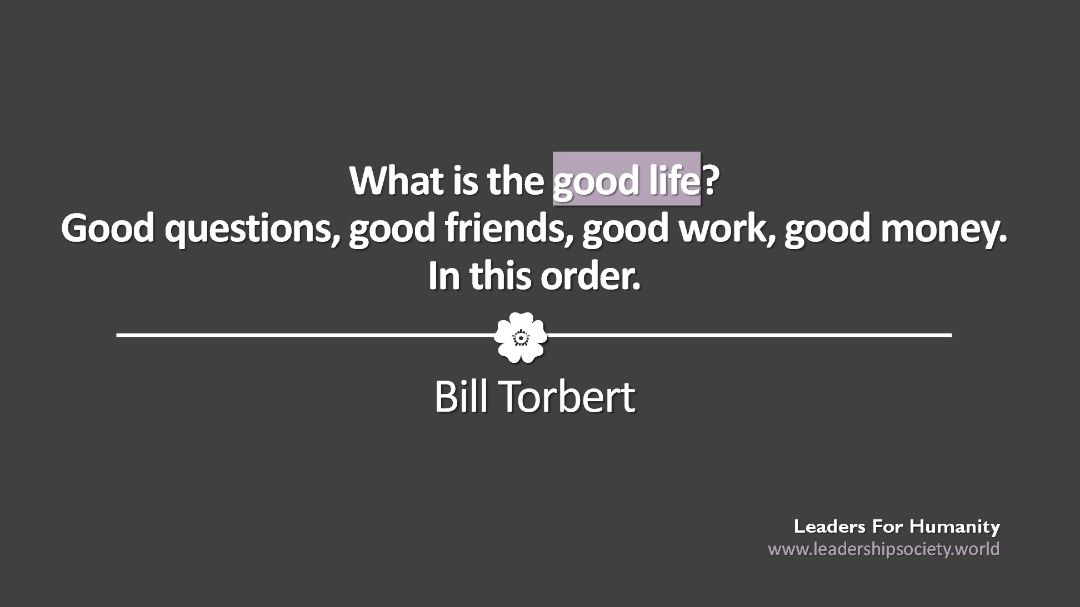
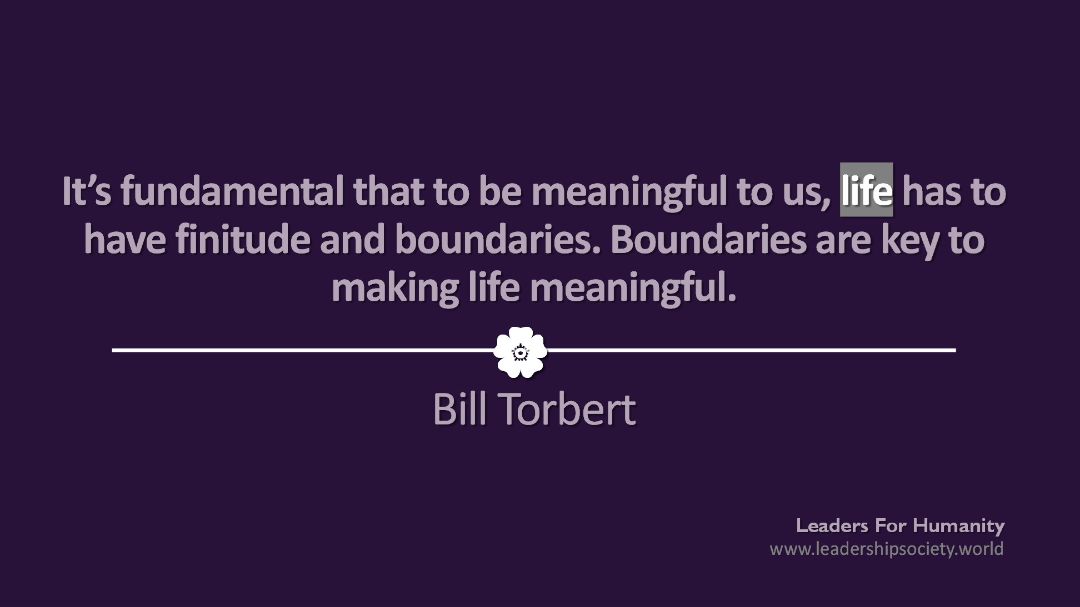
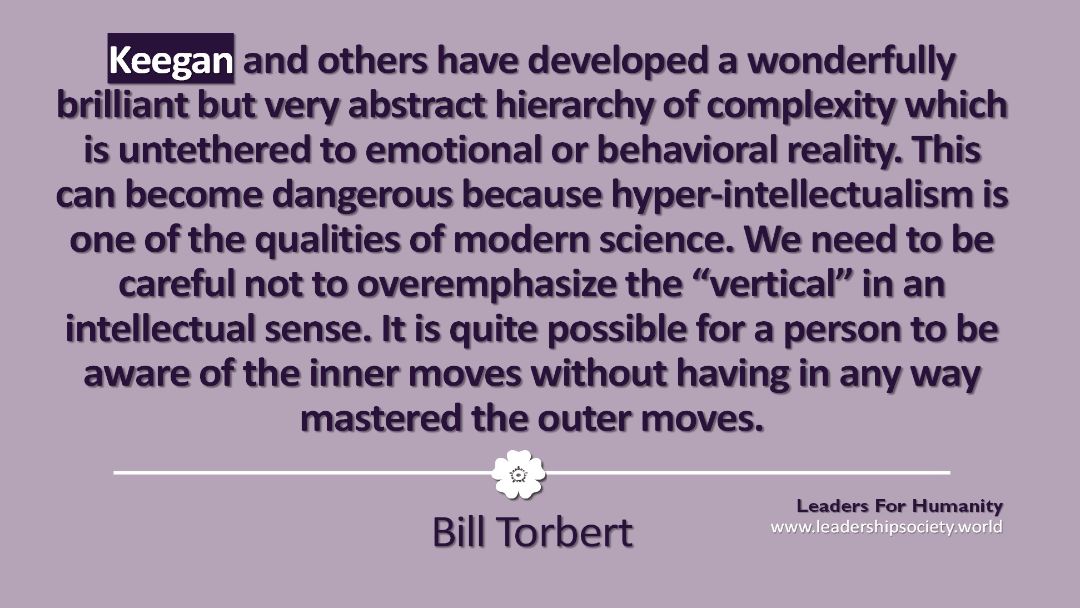
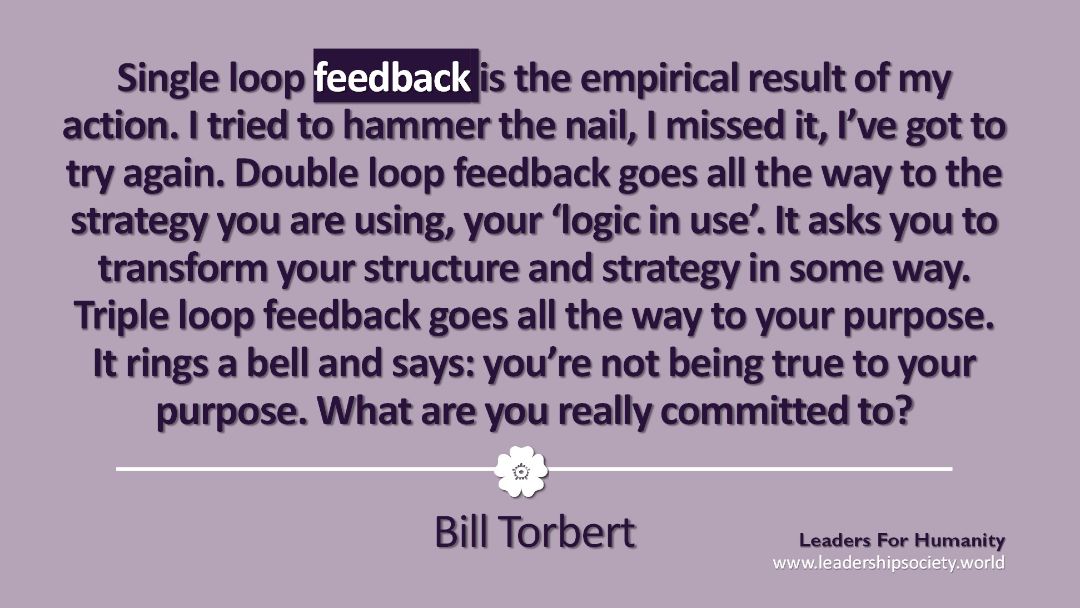
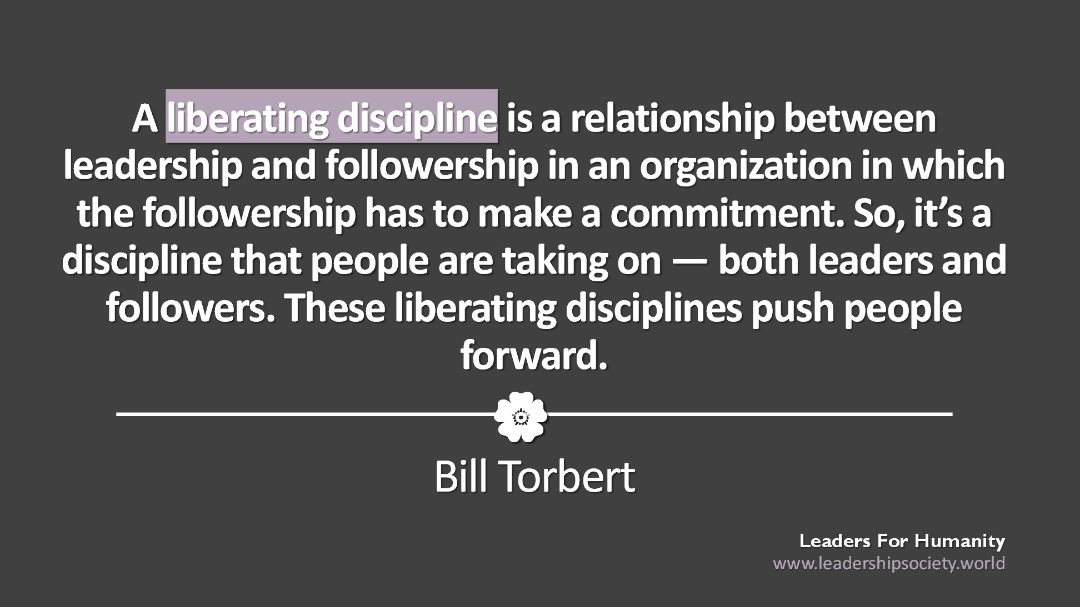
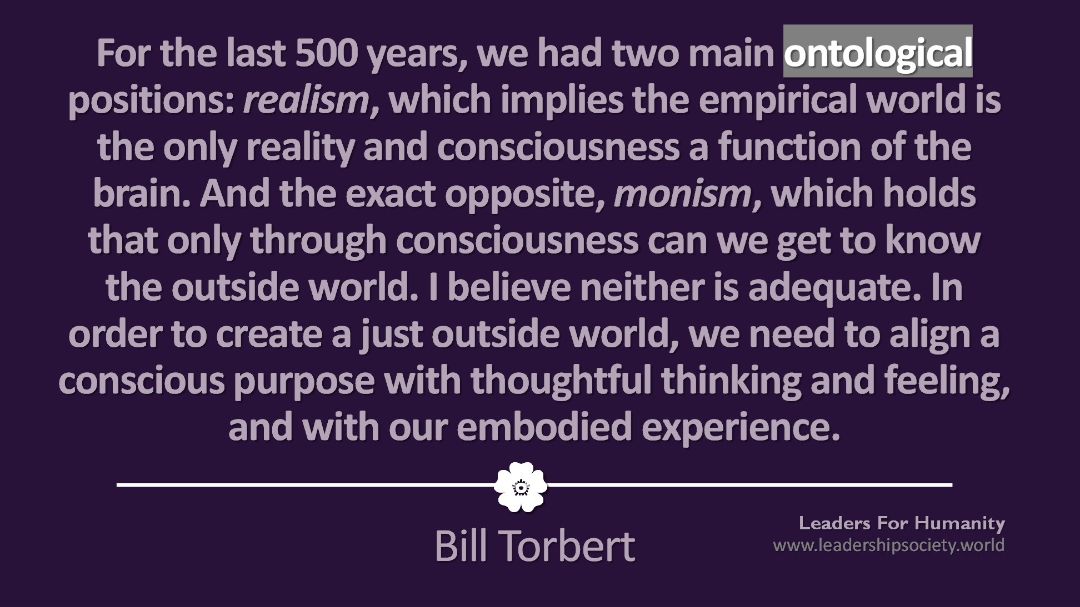
Unleash your curiosity and discover new insights
Further (initial) explorations on politics and justice
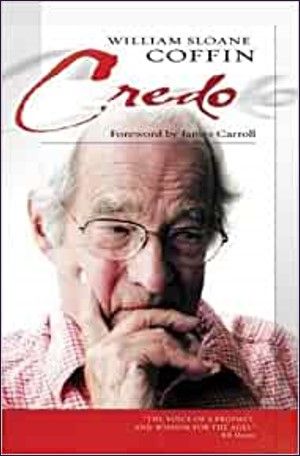
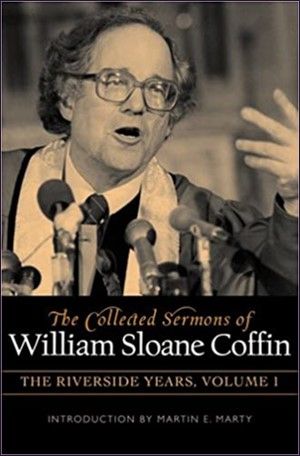
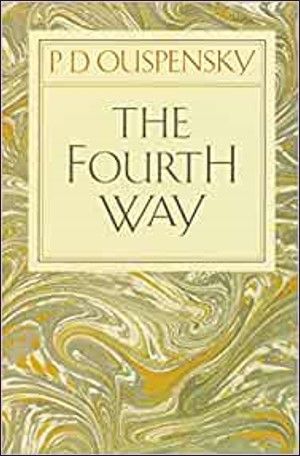

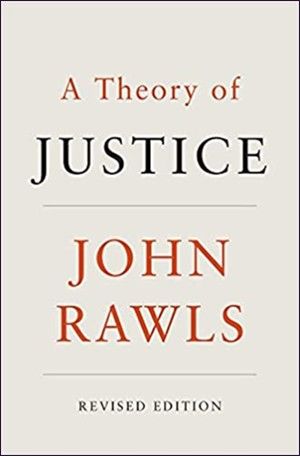
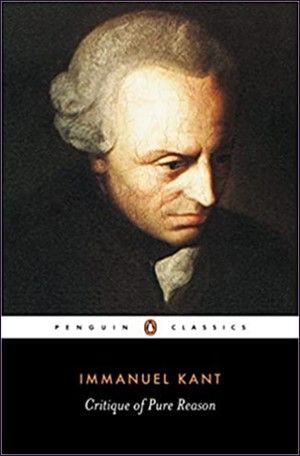








Further initial explorations on the concept of power, across political philosophy, political sociology and sociology

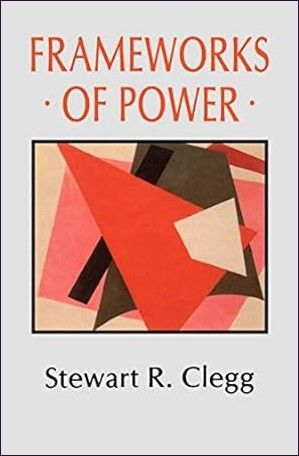



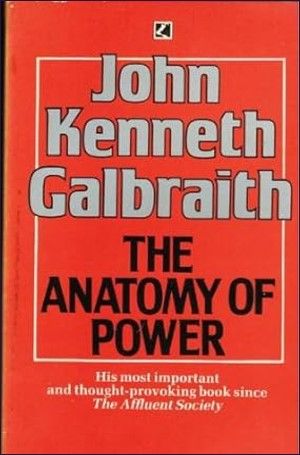


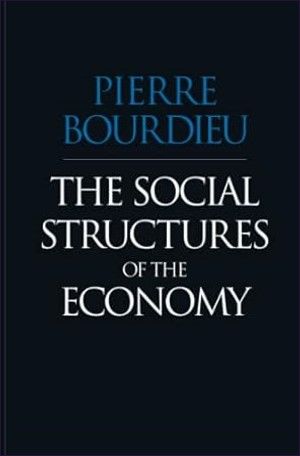
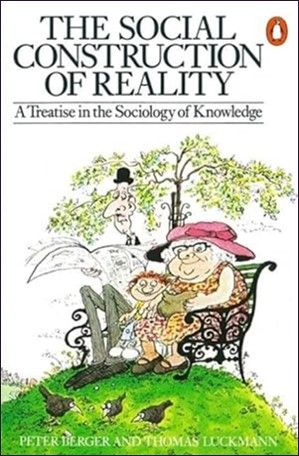



Further explorations on developmental psychology
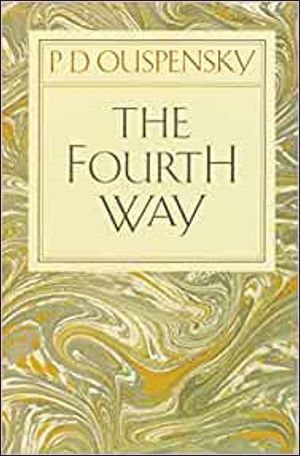

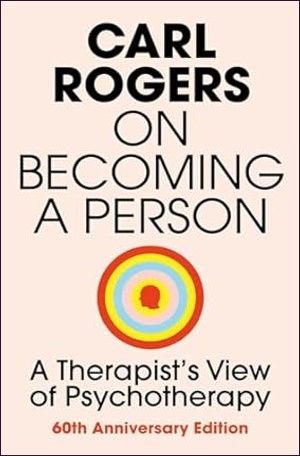
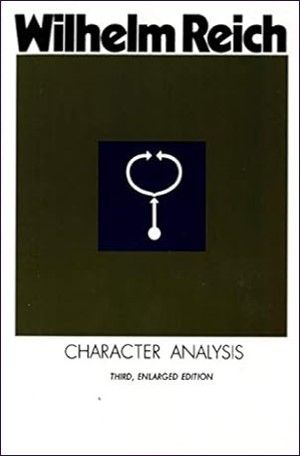
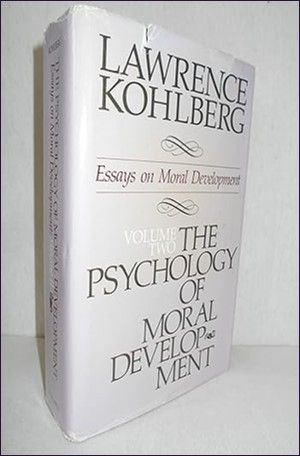
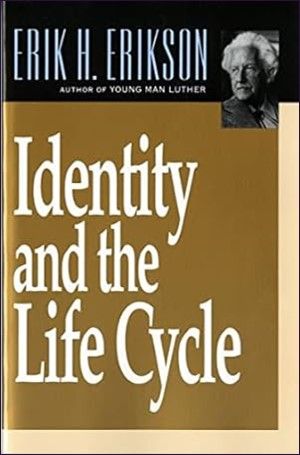
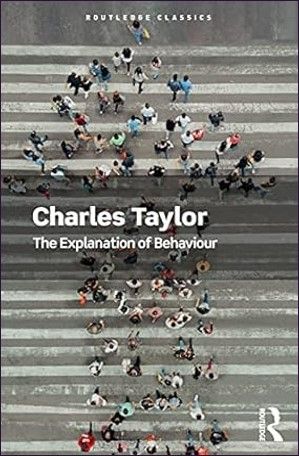
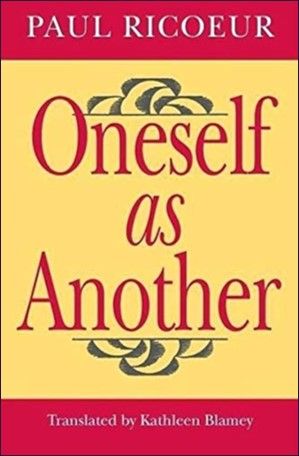
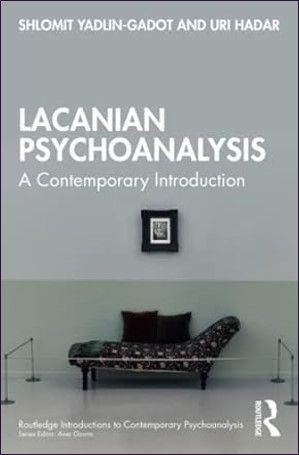
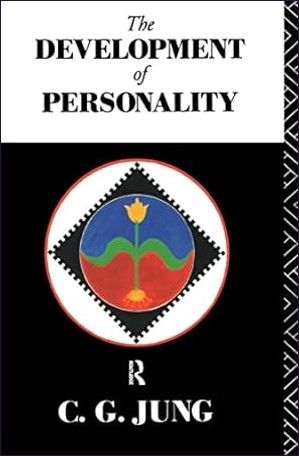
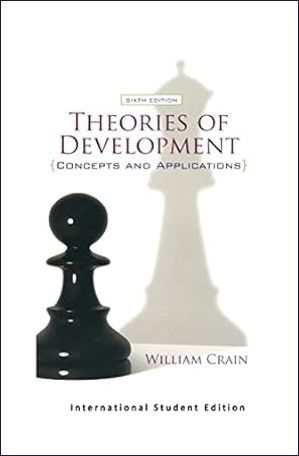
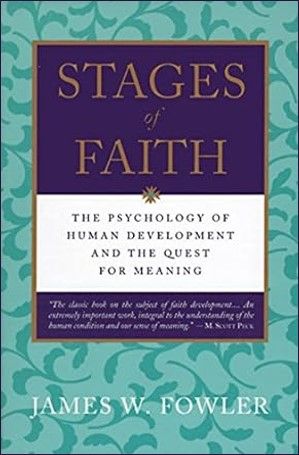
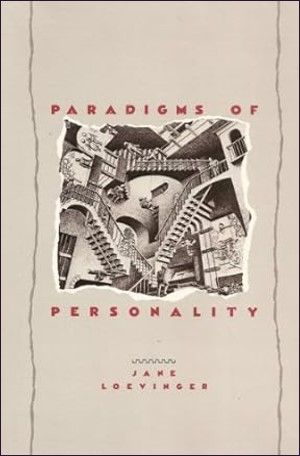
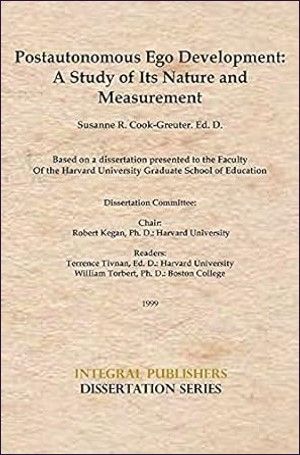
Related blog posts

(9 min read)
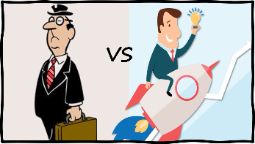
(7 min read)
Explore all the popular interviews in this section